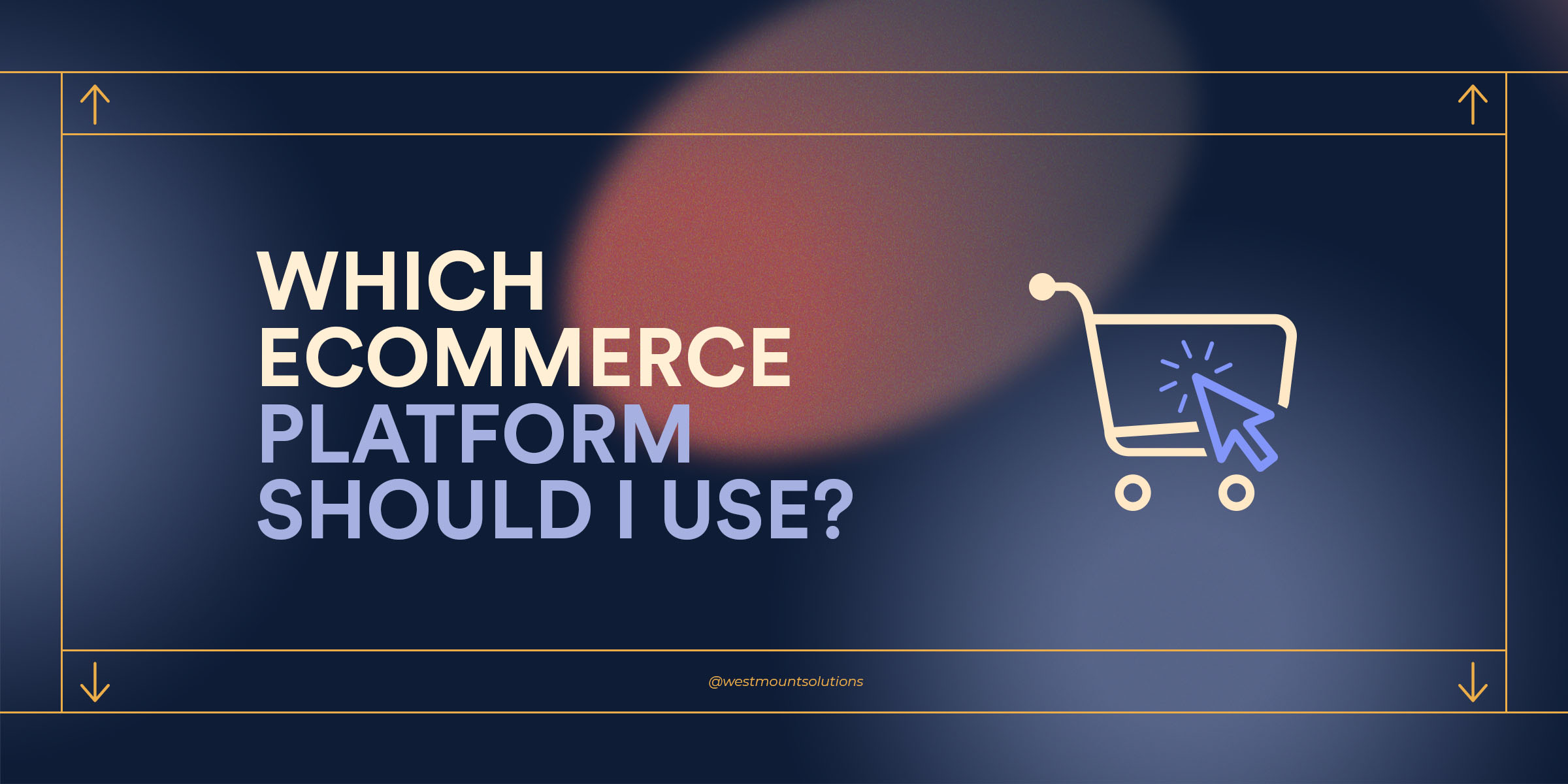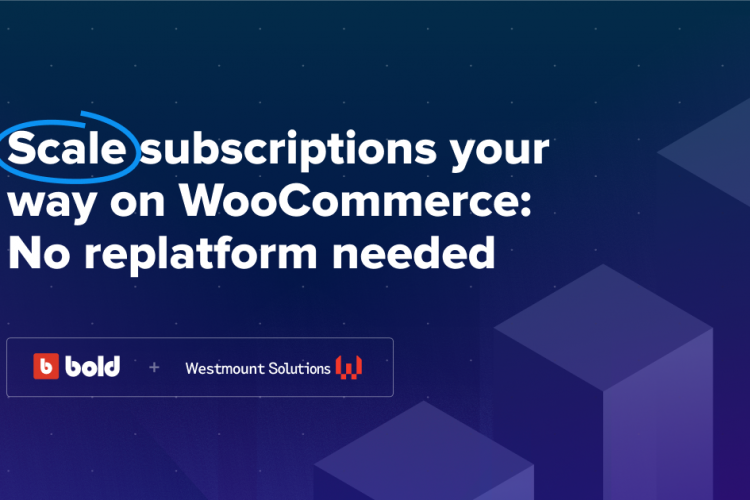
Choosing an eCommerce platform depends on many factors. From the size of your company to the amount of personalization of your products you want to give your customers, these are just a few of the elements you need to consider. Do you already have an established store and are yearning for more functionality? Or are you just starting and need to build your store from scratch?
Whichever platform you choose will impact your business so doing your research is key to success. In this article, we will briefly cover 4 eCommerce platforms while pointing out that there are many other choices out there as well.
1. Shopify – Template King
If you’re a beginner who needs to get a store up and running quickly on a minimal budget, Shopify is a great option. Depending on other factors, it can take anywhere from 1 day to several weeks to launch your store, which is a pretty speedy timeline! There are thousands of templates available and to get started you don’t need a designer, though if you want one down the line there are plenty of Shopify Experts to choose from. One of the best things about this platform is the Shopify ecosystem – there are marketing agencies, developers and other digital professionals that specialize in Shopify stores. It even has its own coding language called Liquid!
Basic plans start at $29 USD per month and go up to $299 USD per month.
Shopify Features
-
- Beginner friendly and easy-to-use
- Fully hosted
- Retail POS
- Amazon integration
2. BigCommerce – Out-Of-The-Box Genius
BigCommerce is is a versatile platform, full of features that work for those who are just starting out and more established stores as well. Their pricing model is a little different than those of other platforms – your monthly charges are charged based on online sales per year. Once you reach $400K in sales, you may want to consider a different platform. Ultimately, BigCommerce’s target market is mid-market businesses, not those whose yearly profits are in the millions.
The standard starts at $29.95 per month and is intended for stores that make up to $50K in yearly sales. The next tier is the Plus plan, which runs at $79.95 per month and is aimed at stores that make up to $180K in yearly sales.
Our consensus is that BigCommerce is a good choice for growing businesses looking to scale. If you expect your product catalogue to grow and see growth acceleration in the future, BigCommerce grows with you.
BigCommerce Features
-
- Fully hosted
- Awesome SEO Tools
- Unlimited products
- Easy setup and day-to-day use
Magento – Technical Big Player
If you’re a small store or just starting out, Magento is probably not for you. But if you’re an established online store that requires more functionality, then Magento may be the right choice for you. Owned by Adobe since 2018, it handles over $100 billion in gross merchandise volume every year! Magento is an open-source platform, meaning that its software is free to use at the basic level. If you’re a coding pro and know your way around the realm of development, it’s a highly customizable platform. There is also a paid tier that’s optimized for high-traffic, well-performing stores. How much does it cost? Anywhere from $15,000 USD to $50,000 USD per year.
Magento Features
-
- Highly scalable
- Multiple payment gateway options
- Mobile-Optimized
- Free community version
WooCommerce – DIY Star
This WordPress-based eCommerce platform is free, open-source and highly customizable. If you know your way around WordPress, WooCommerce is a great choice for you. With WordPress as your CMS and WooCommerce as your eCommerce, you can build seriously powerful online stores without having to pay a SaaS platform like Shopify or BigCommerce.
But you do have to have at least basic technical knowledge to get started. If you already know WordPress, that’s half the work done! And you’ll have to do everything yourself, from finding a host for your domain to plugin installation and activation. If you don’t mind rolling up your sleeves and getting your hands (figuratively) dirty with some DIY building, WooCommerce could serve you very well.
WooCommerce Features
-
- Free
- Based on WordPress
- Easy to scale
- Many themes to choose from
How Westmount Solutions Can Help
Whether you’re thinking of migrating from one platform to another, want to add features and functionality to an existing store or are building a brand new store, we can help! Our talented developers are versatile across the four eCommerce platforms in this article, and several others we didn’t mention. Get in touch with us to find out more about how Westmount Solutions can help your store grow.
Author
Tatiana Dudin
Tatiana is passionate writer with over 10 years of experience writing for the tech industry.


